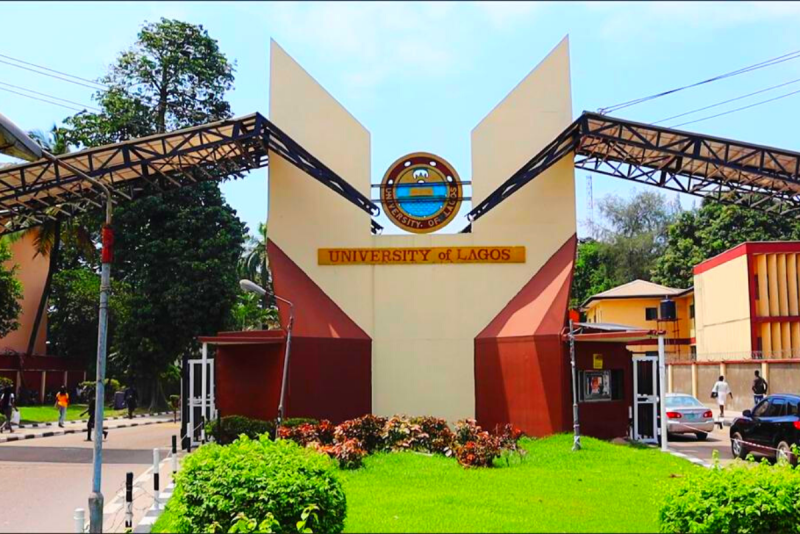The Vice-Chancellor of the University of Lagos (UNILAG), Professor Folasade Tolulope Ogunsola, has explained the reason for the increase in the university's tuition fees, mainly because of the difficult economic situation in the country which has had a major impact on employment job. University fees. Initially, the increase in tuition fees led to student protests which resulted in the arrest of many students by the security forces. Teacher. Ogunsola also said that the funding cuts are due to reduced financial support from the government, saying that universities can no longer maintain their usual financial structure. She further explained that the university is allocating a lot of money in various important areas such as hostel maintenance, electricity, internet services, verification and certification of annual results, program accreditation, and requirements for admissions. Coming up for the qualification. The new pricing structure, however, according to Nairametrics, the university administration has revised the fee structure, putting it at N190,250 for medical students. Courses requiring laboratory and school facilities have their tuition fee set at N140,250. Also, the VC explained that the program which does not require a laboratory and a studio is fixed at a cost of N100,750. What he said Vice-Chancellor (VC) explained that initially, students of the school had to pay N19,000 in tuition fees and its tuition fee has remained at the same level for fifteen consecutive years without any increase. Prior to the increase, the university took steps to settle the debt and organized a meeting of parents to inform stakeholders and unions about the decision in January this year.

“Apart from the electricity bill which is about N1.7 billion per annum, we verify results by examination bodies which comes to about N3,500 to N5,000 per student. “We conduct examinations which cost about N80 million per year and in addition, each of the faculty incurs another N3 million to N5 million, so we have about N40 million annually. “We also do accreditation and N62 million is paid for accreditation of our programmes and sometimes when new programmes commence. “Other cost includes the logistics of hosting people who come for accreditation, which comes to about N100 to N200 million every year, work-study programme and indigent students scheme, among others.” “It was decided at the meeting that the fee increase should be announced in July so that the council can ratify it,” she added. Prof. Ogunsola further expressed concern that the council was dissolved before then, and the petrol subsidy was removed which worsened the situation.
She said, “The issue of price increase started in January and we discussed it with the university council the idea was to look at all the fees that we have been charging and look at how we could increase it so that we could come to the prevailing rate because it was very clear that we were always falling back on our obligations. “We had a committee set up to look at all the bills we paid and we had mountains of debts as well, but when we looked at all the bills, it was very clear that we had to increase to meet our obligations.” However, Prof. Ogunsola stated that the university would continue to work on improving its ability to mitigate the impact of the hike in fees on students, staff and parents, adding that no student would drop out as a result of it.




